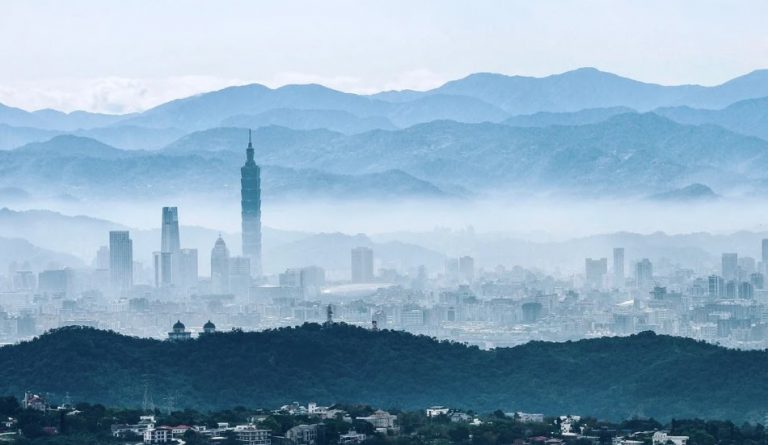For many years, the U.S. has followed several internal restrictions that regulate how officials interact with Taiwan. Washington had implemented these restrictions with the hope of forging closer ties with Beijing. On Jan. 9, Secretary of State Mike Pompeo announced that his administration will lift these restrictions, laying the groundwork for strengthening the US-Taiwan relationship. The announcement comes as President Trump has a few remaining days left in office.
“Executive branch agencies should consider all ‘contact guidelines’ regarding relations with Taiwan previously issued by the Department of State under authorities delegated to the Secretary of State to be null and void. Additionally, any and all sections of the Foreign Affairs Manual or Foreign Affairs Handbook that convey authorities or otherwise purport to regulate executive branch engagement with Taiwan via any entity other than the American Institute in Taiwan (AIT) are also hereby voided. The executive branch‘s relations with Taiwan are to be handled by the non-profit AIT, as stipulated in the Taiwan Relations Act,” Pompeo said in a statement.
Taiwan’s foreign minister Joseph Wu expressed his “sincere gratitude” to the U.S. government and noted that lifting restrictions is a “big thing” for elevating bilateral relations between the two nations. U.S. ambassador to the UN Kelly Craft will soon arrive for a three-day visit to Taiwan. Wu said that he will meet the ambassador together with President Tsai Ing-men to discuss how to further improve the international participation of the island nation. Pompeo stated that Craft’s Taiwan visit was critical to show “what a free China could achieve.”

The lifting of restrictions in Taiwan has been met with backlash from communist China
On Jan. 11, China’s foreign ministry spokesperson Zhao Lijian warned that America’s actions will be “met with resolute responses.” State-backed media Global Times published an article accusing the move to be last-ditch “madness” by the Trump administration. It argued that the Chinese government needs to resolutely oppose the “provocation” and push the incoming Biden administration to cancel the new policy.
China fears that by lifting self-imposed restrictions, the U.S. will eventually legitimize Taiwan’s status as an independent country. That contradicts communist China’s claim that Taiwan is a wayward province. In addition to Craft’s three-day trip, the U.S. ambassador to the Netherlands recently hosted Taiwan’s representative at the American embassy. As political contacts and meetings between the two nations grow, it is likely that America’s allies will also start recognizing Taiwan’s independence, denouncing Beijing’s “One China” policy.
Success
You are now signed up for our newsletter
Success
Check your email to complete sign up
A commentary published in Global Times even suggested a violent response if Pompeo dares visit Taiwan before Biden is sworn in as the new president on Jan. 20.
“PLA fighter planes will fly over Taiwan immediately, declaring China’s sovereignty over Taiwan island in an unprecedented way… If Taiwan and the United States dare to go ahead with such provocations, it is very likely to trigger a war. We will fundamentally punish the Taiwan authorities who cooperate with Pompeo’s performance,” the article stated.
Unlike the Trump administration that supports Taiwan, Biden is giving indications that it would choose a softer approach to the issue. This is why Beijing is looking forward to a Biden presidency. Ross Feingold, an expert on political risk, remarked that a Biden administration will struggle in its relationship with Taiwan.
Follow us on Twitter or subscribe to our email list















